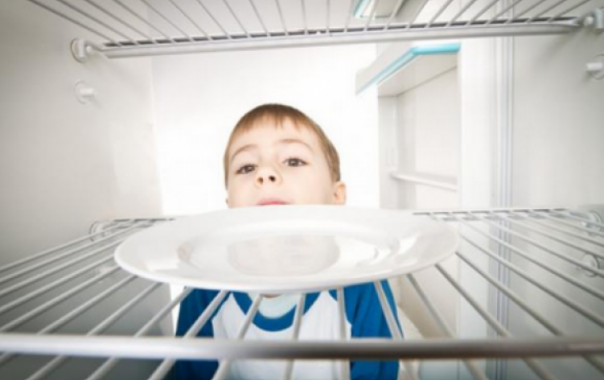
Food is often one the first expenditure to be cut when disposable income is tight. Families have been facing increasing pressure on their disposable income in recent months because of the rise in energy bills, petrol prices and background inflation, as well as the cost of food.
Data released by the Food Foundation shows in the past month:
- 12.8% of households (6.8 million adults) have had smaller meals than usual or skipped meals because they couldn't afford or get access to food
- 8.8% of households (4.6 million adults) have not eaten despite being hungry because they couldn't afford or get access to food
- 4.6% of households (2.4 million adults) have not eaten for a whole day because they couldn't afford or get access to food
- In total, 13.8% of households (7.3 million adults) had one or more of these experiences in the past month.
Anna Taylor, executive director of The Food Foundation, said: “The extremely rapid rise in food insecurity since January points to a catastrophic situation for families. Food insecurity puts families under extreme mental stress and forces people to survive on the cheapest calories which lead to health problems. The situation is rapidly turning from an economic crisis to a health crisis.
“Food banks cannot possibly be expected to solve this. The government needs to realise the boat is sinking for many families and it needs to be fixed. Bailing out with emergency food parcels is not going to work.”
There is also a ‘sharp increase’ in the proportion of households with children experiencing food insecurity in the past month at 17.2% up from 12.1% in January 2022. This represents a total of 2.6 million children aged under 18 who live in households that do not have access to a healthy and affordable diet, putting them at high risk of suffering from diet-related diseases.
Genevieve Hadida, research assistant in food systems, health and sustainability at the London School of Hygiene & Tropical Medicine, added: “Not being able to eat regularly or healthily has a devastating impact on health. We were shocked to see that rates of food insecurity have risen to rates similar to the very start of lockdown two years ago, particularly in those households with children.
“Rising food prices and reduced disposable income are resulting in an unsustainable lifestyle with many children not having access to a healthy or affordable diet – this cannot continue. Immediate action and close monitoring are required to prevent the most vulnerable families from falling through the cracks.”
The Food Foundation is calling on Government to make tackling food insecurity an urgent priority for action by:
- Increasing benefits in line with inflation and ensuring employers pay at least the real living wage to ensure struggling families can pay essential bills
- Setting out long-term action to build the resilience of our communities and our food system to shocks, within a Good Food Bill in the forthcoming National Food Strategy White Paper
- Rebalancing food prices so healthy food is the most affordable
- Expanding Free School Meals, breakfast provision and Healthy Start to protect children from obesity and so all children in poverty benefit